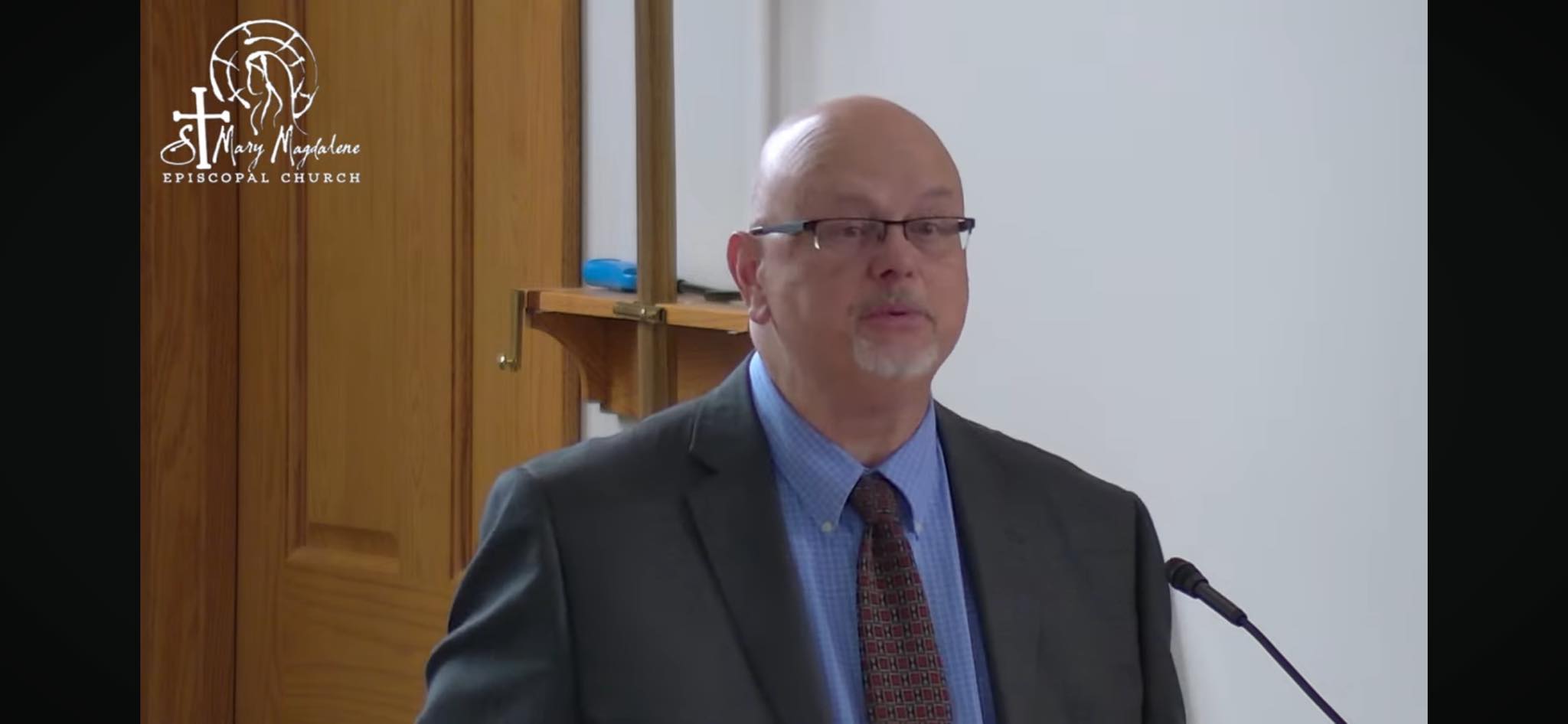The 4th Sunday in Lent-Year C
March 30, 2025
Scott Laurent
Let us pray.
Gracious God, open our hearts and minds to receive your Word. May it be a source of comfort, encouragement, and transformation for all who hear. In Jesus’ name, Amen.”
Our Gospel this morning is a story about shame and grace. “Now all the tax collectors and sinners were coming near to listen to him. And the Pharisees and the scribes were grumbling and saying, “This fellow welcomes sinners and eats with them.”
The Pharisees and scribes lived in a mindset and a culture of shame. They lived in a constant state of worry that they were not good enough and that they would be found lacking. In our story today they are represented by the voice of the older son when he complains to the father, “I have never disobeyed you and yet you have never given me even a small goat to celebrate with my friends.” Even after seeing his father’s generosity with the younger son and with his servants, why had the older son assumed he couldn’t have a small goat, let alone the fatted calf, to celebrate with his friends? Shame makes people small and fearful. It robs them of the joy of life.
Maybe you too live in a culture and mindset of shame. We can be afraid that we’re not attractive enough, likeable enough, funny enough, happy enough, rich enough, good enough. We constantly compare ourselves with others and find ourselves lacking. Its easy to be afraid that if people knew us, really knew us, they would abandon us, discard us, or worse ignore us. Shame propels us to do some strange things. It drives us in a constant state of approval seeking and oddly enough it leads us to disapprove of others. By despising ourselves we end up despising others, just like the Pharisees and scribes despised Jesus, the sinners and tax collectors. Shame drives us to always be seeking to be good enough and yet it never delivers on making us good enough. It is a vicious cycle.
But Jesus didn’t live out of a mindset and culture of shame. He lived from a mindset and culture of grace because that’s what he saw his Heavenly Father doing. When the younger son returned home the father needed nothing from him but his presence. No explanations, no apologies, no proof of changed behavior other than that his son was there with him. There were no trial periods. No, let’s wait and see if you change your behavior. In other words what the father offered the younger son, and what God offers us, is grace. Pure, simple, forgiving, grace.
In our Gospel this morning the father had been watching and hoping that his son would return. It says that when the younger son was still far off he saw him, ran to him, hugged him and kissed him. Immediately he ordered that the best robe be brought out to dress his younger son, that rings be placed on his fingers and sandals on his feet. The younger son didn’t even get to finish the speech he had so carefully planned before the fatted calf had been ordered slaughtered and a great feast to be prepared. The father spared no expense in welcoming his son home. And the result of this grace was the restoration of the relationship and a great celebration of joy.
Shame divides us from ourselves and others. Shame destroys community. But grace builds community. Grace favors the relationship over everything else. Shame makes us small and fearful but grace brings joy. May we all get to the fatted calf in our lives, and we come to know that with God we are good enough.
Come, come, whoever you are.
Wanderer, worshiper, lover of leaving.
It doesn’t matter.
Ours is not a caravan of despair. come, even if you have broken your vows a
thousand times.
Come, yet again, come, come.


